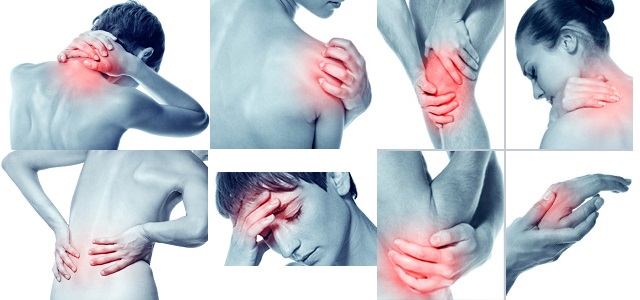
Introduction
Chronic severe pain not only affects the body but also profoundly impacts mental health, leading to emotional distress, psychological disorders, and diminished overall well-being. This article explores the complex interplay between chronic severe pain and mental health, highlighting the challenges individuals face and strategies for coping and support.
Understanding Chronic Severe Pain
1. Characteristics of Chronic Severe Pain
Persistent Nature
- Definition: Pain lasting for more than three to six months despite treatment.
- Intensity: Severe and debilitating, affecting daily activities and quality of life.
Types of Pain
- Nociceptive Pain: Arising from tissue damage or inflammation.
- Neuropathic Pain: Resulting from nerve dysfunction or damage.
2. Impact on Daily Life
Physical Limitations
- Functional Impairment: Difficulty with mobility, self-care, and performing routine tasks.
- Sleep Disturbances: Insomnia and poor sleep quality due to pain.
Psychosocial Effects
- Emotional Distress: Anxiety, depression, frustration, and irritability.
- Social Isolation: Withdrawal from social activities and strained relationships.
The Connection Between Chronic Pain and Mental Health
1. Biological Mechanisms
Shared Pathways
- Neurotransmitters: Altered levels of serotonin, dopamine, and norepinephrine.
- Neuroplasticity: Changes in brain structure and function due to persistent pain.
Pain Perception
- Central Sensitization: Heightened sensitivity to pain signals, amplifying pain perception.
- Emotional Regulation: Impaired ability to cope with stress and negative emotions.
2. Psychological Impact
Anxiety and Depression
- Prevalence: Higher rates of anxiety disorders (e.g., generalized anxiety, panic disorder) and major depression among chronic pain sufferers.
- Symptoms: Persistent worry, fear of pain exacerbation, sadness, loss of interest in activities.
Cognitive Function
- Impairments: Difficulty concentrating, memory problems, and cognitive fatigue.
- Impact: Reduced ability to perform tasks, affecting work, relationships, and daily functioning.
Coping Strategies and Support
1. Multidisciplinary Approach
Pain Management Teams
- Collaborative Care: Involving physicians, psychologists, physical therapists, and social workers.
- Comprehensive Treatment Plans: Addressing both physical and psychological aspects of pain.
2. Psychological Interventions
Cognitive Behavioral Therapy (CBT)
- Purpose: Restructuring negative thought patterns and behaviors related to pain.
- Skills Development: Coping strategies, relaxation techniques, and stress management.
Mindfulness-Based Stress Reduction (MBSR)
- Techniques: Meditation, body scanning, and mindful movement to enhance pain acceptance and reduce emotional reactivity.
3. Medications and Pharmacological Treatments
Antidepressants and Anxiolytics
- Usage: Managing mood disorders associated with chronic pain, improving sleep, and enhancing overall well-being.
Pain Modifying Medications
- Examples: Anticonvulsants, serotonin-norepinephrine reuptake inhibitors (SNRIs), and tricyclic antidepressants for neuropathic pain management.
4. Support Systems and Peer Groups
Peer Support
- Benefits: Sharing experiences, providing empathy, and learning coping strategies from others facing similar challenges.
- Support Groups: Chronic pain support groups, online forums, and community-based organizations.
5. Lifestyle Modifications
Physical Activity
- Benefits: Improves mood, reduces stress, and enhances pain tolerance through low-impact exercises and adaptive activities.
Sleep Hygiene
- Strategies: Establishing a consistent sleep schedule, creating a relaxing bedtime routine, and managing sleep disturbances related to pain.
Conclusion
Chronic severe pain exerts a profound impact on mental health, contributing to emotional distress, cognitive impairments, and diminished quality of life. Understanding the complex interplay between chronic pain and mental health is crucial for developing comprehensive treatment strategies that address both aspects effectively. By integrating multidisciplinary approaches, psychological interventions, and supportive resources, individuals can better manage chronic pain, improve mental well-being, and enhance overall quality of life.